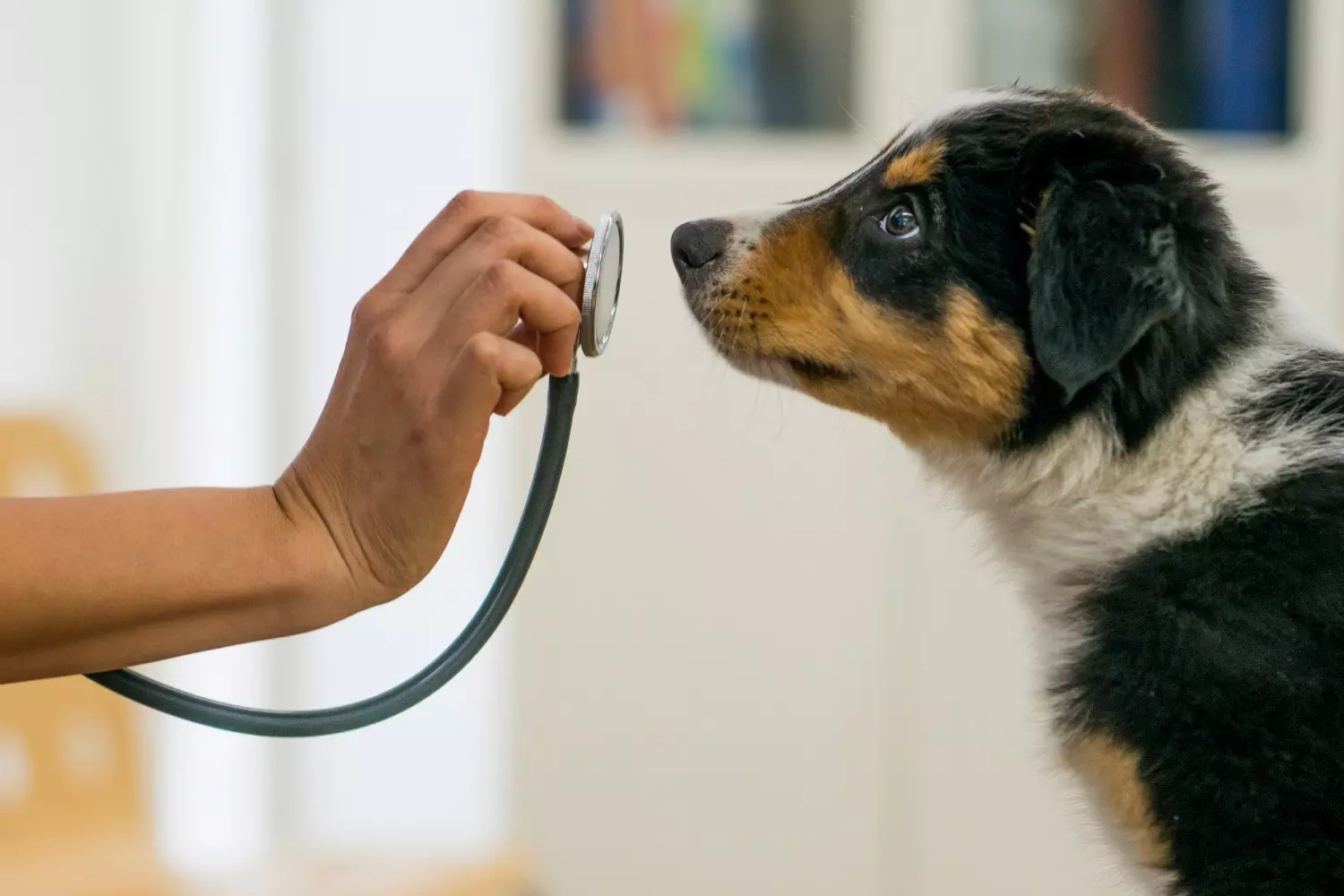
World Veterinary Day 2025: Honouring the vital role of veterinarians
World Veterinary Day on April 26 highlights the power of collaboration across professions to safeguard animal health, food safety, and public wellbeing

World Veterinary Day 2025, observed on April 26, has the theme "Animal Health Takes a Team."
The World Veterinary Association Council (WVA) selected this theme to highlight the dynamic nature of veterinary services, which require cooperation and collaboration across various fields of expertise to address the diverse challenges in animal health and care.
This year's focus is a powerful reminder that veterinary care is a collaborative pursuit, involving veterinarians, technicians, paraprofessionals, livestock farmers, pet owners, policymakers, and researchers.
Also Read: TN: Wild tusker Arikomban tranquillised, being translocated to suitable habitat
Honouring veterinary teamwork
World Veterinary Day, annually observed on the last Saturday of April, aims to celebrate the contributions of veterinarians to the health of animals, people, and the environment.
WVA created World Veterinary Day in 2000 as an annual celebration of the veterinary profession.
The day is commemorated across the world to recognise the immense social contribution of the veterinary sector and the selfless service of veterinarians.
It is an opportune moment to highlight the field's collaborative and recognise the collaborative efforts of veterinary professionals and their critical contributions to animal health, public health, animal welfare and food security.
Wider responsibilities
Veterinary services are increasingly multifaceted.
From ensuring the health of livestock and poultry to managing zoonotic diseases and promoting animal welfare, veterinarians undertake a wide range of responsibilities.
Their work extends beyond traditional animal care, impacting the economy, public health, and the environment.
With nearly 75% of emerging infectious diseases being zoonotic (transmissible from animals to humans), veterinary professionals are frontline defenders in disease prevention.
Their work in surveillance and control of diseases such as rabies, avian influenza, leptospirosis, and brucellosis is crucial in safeguarding human health.
Also Read: SC requests Kerala govt's reply on petition to examine rabies vaccine effectiveness
Another approach
Veterinarians also contribute to One Health initiatives, which integrate human, animal, and environmental health strategies to prevent and control disease transmission.
One Health is an integrated, unifying approach that aims to sustainably balance and optimise the health of people, animals and ecosystems.
It recognises that the health of humans, domestic and wild animals, plants, and the wider environment (including ecosystems) are closely linked and interdependent.
Collaborating with medical professionals, veterinarians play a crucial role in minimising public health threats, including antimicrobial resistance (AMR) caused by overuse of antibiotics in livestock farming.
Food safety
Veterinarians play a key role in preventing and treating diseases in animals, ensuring that food production remains safe and sustainable.
They are responsible for ensuring that animal-derived food products such as milk, eggs, and meat, meet stringent health and safety standards.
By monitoring farms, processing facilities, and marketplaces, they help prevent to foodborne illnesses and maintain consumer confidence in locally produced food.
They also ensure that these products are free from contaminants and safe for consumption.
Watch Here: Multi-speciality hospital for cheetahs
Animal welfare
Veterinary professionals conduct regular health screenings, implement biosecurity measures, and advise farmers on best practices for disease prevention.
Their expertise in disease control, vaccination programs, and nutrition management helps maintain the health of the nation’s livestock industry.
Beyond commercial farming, veterinarians advocate for the ethical treatment of animals, providing medical care to pets, working animals, and wildlife.
Further veterinarians working in wildlife department protect endangered species and provide medical treatment to injured wildlife.
Additionally, veterinarians work closely with non-governmental organisations (NGOs) and community groups to address issues such as stray animal population control, responsible pet ownership, and animal cruelty prevention.
Strengthening the sector
Expanding veterinary education, increasing government funding for disease control programmes, and facilitating access to modern diagnostics and training will improve the sector’s readiness to tackle evolving threats.
Workshops, continuing education, and policy advocacy must go hand-in-hand with fieldwork. These will equip veterinary teams with the skills to respond effectively to emergencies, pandemics, and climate-related disruptions in animal health systems.
Also Read: Sex-sorted semen to birth cows draws flak in TN, activists call it unsustainable
Looking ahead
As World Veterinary Day 2025 unfolds, it serves as a vital opportunity to reflect on the dedication of veterinary professionals and all those who support them.
Whether it's saving livestock during floods, monitoring wet markets, researching zoonoses, or advising pet parents — these teams form the backbone of animal health services.
While celebrating World Veterinary Day, we not only honour their work but also contribute to a healthier, safer future for both animals and humans.

